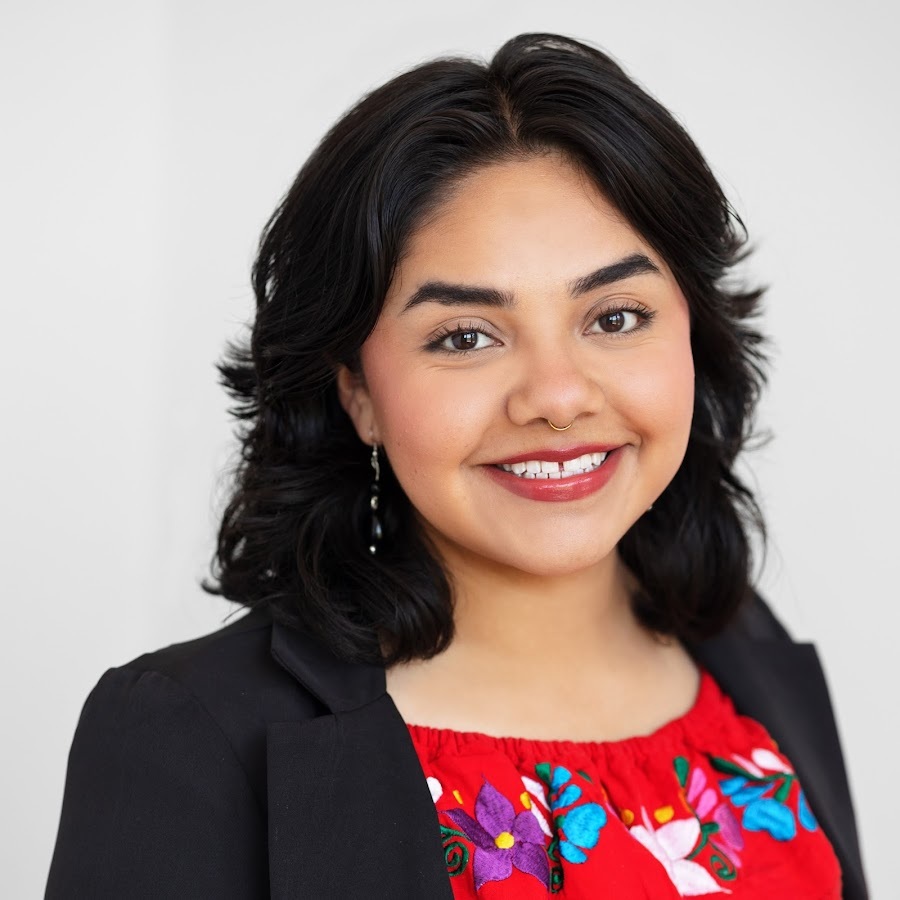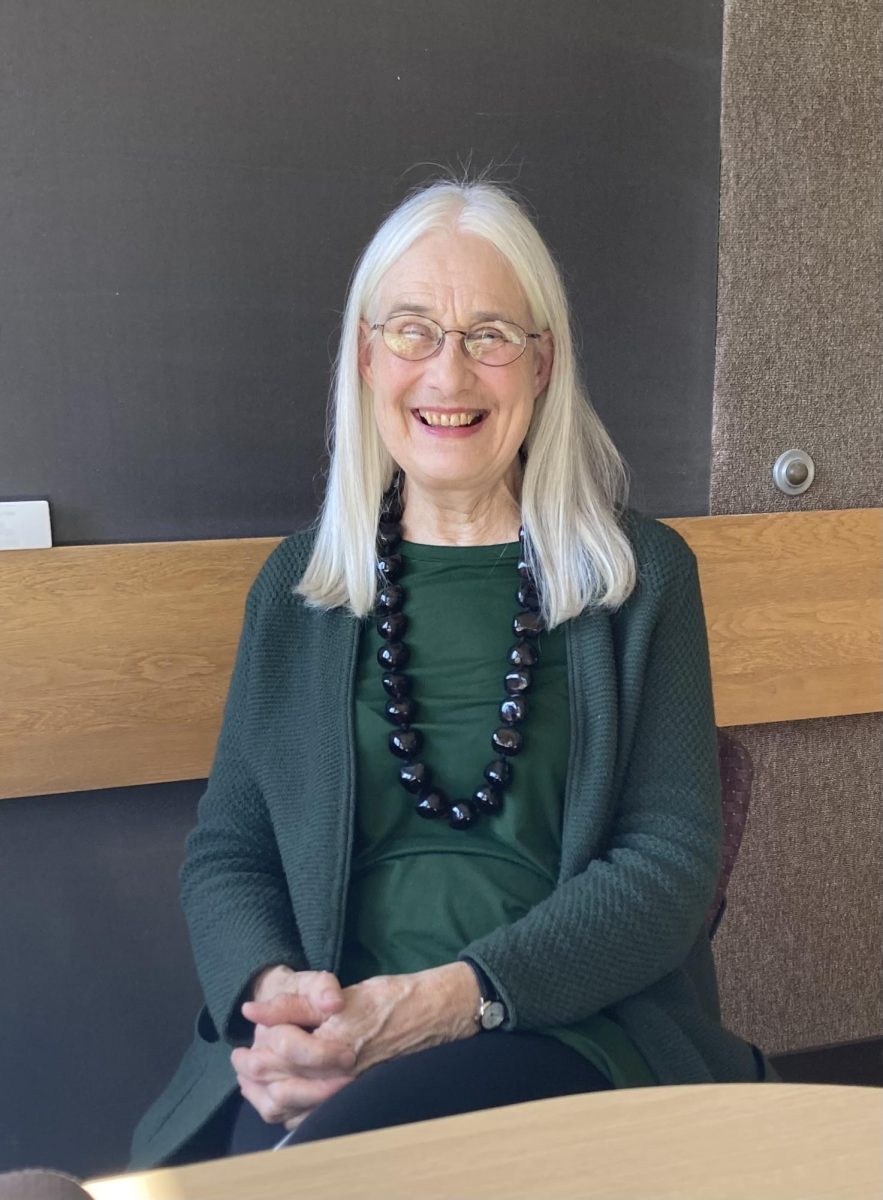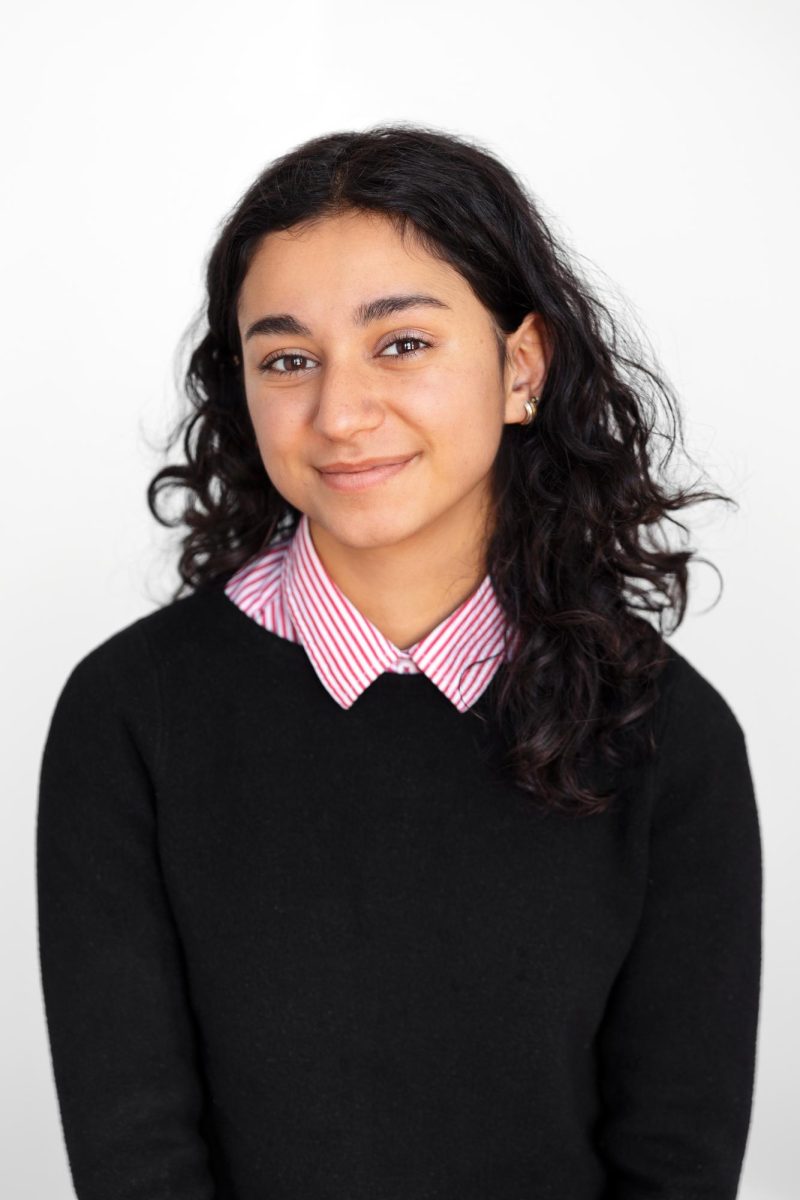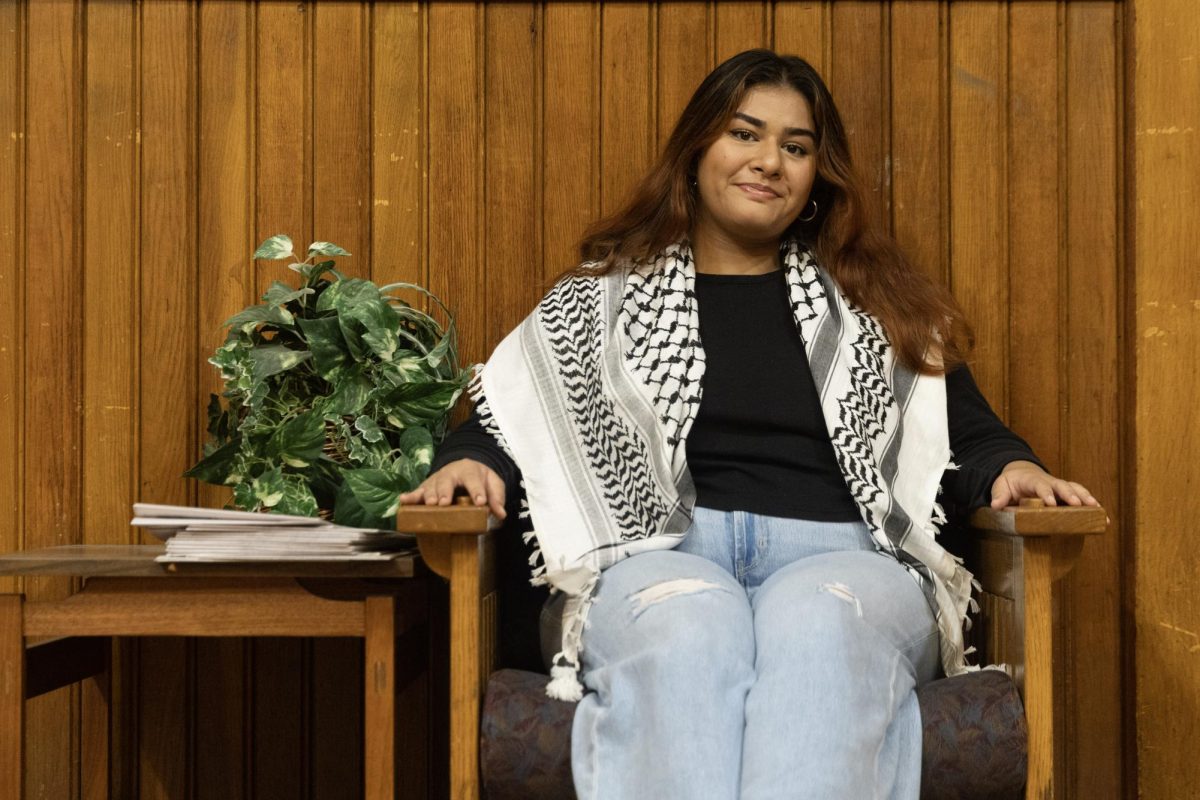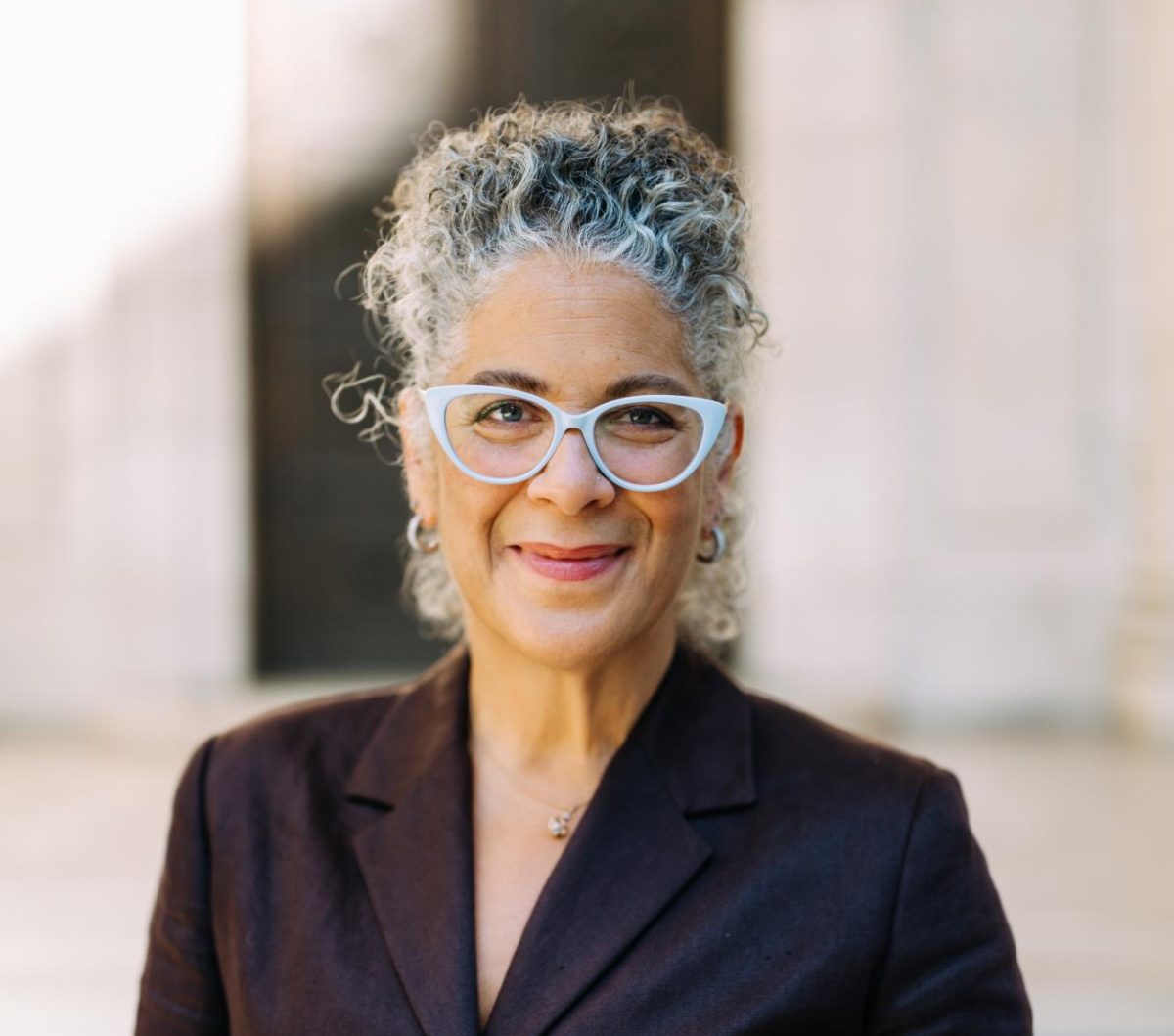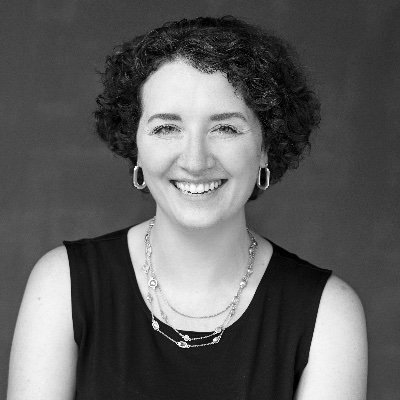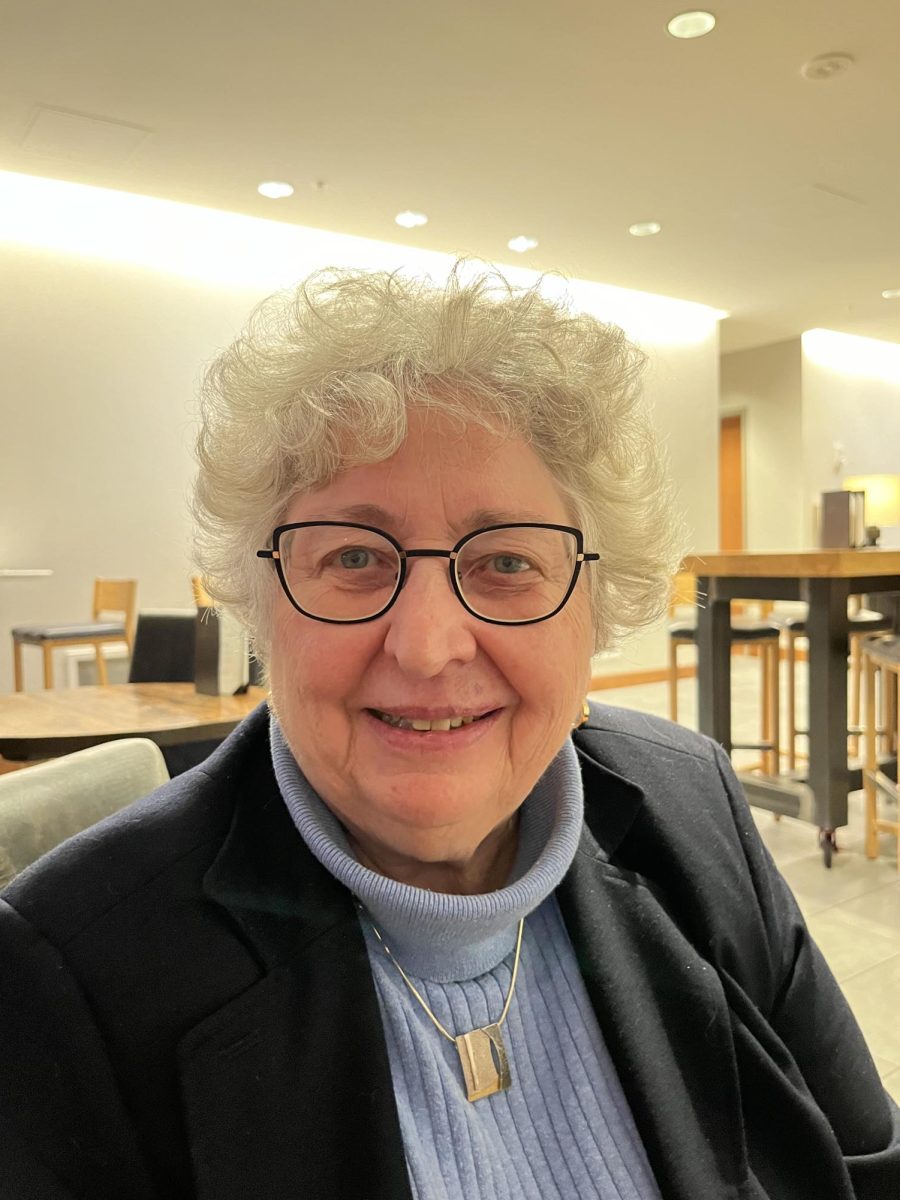Lily Baeza-Rangel is a third-year Comparative American Studies and Hispanic Studies major with a minor in Writing and Communication. She was born in Guanajuato, México but grew up in the southern part of the U.S. for most of her life. On campus she conducts academic research, serves on the board of Obies for Undocumented Inclusion, and teaches citizenship classes on Saturdays with El Centro Volunteer Initiative.
This interview has been edited for length and clarity.
What type of research are you doing through Mellon Mays?
I initially only applied to the Oberlin Summer Research Institute. Over the summer, I was researching tuition equity for undocumented students in Tennessee. That was just a really emotionally and mentally heavy project because I identified with the community. It was very heavy work and I realized that I couldn’t do that mentally for two years. I did my summer research and finished that thinking it was the last of my research experience. A couple of weeks before I got back on campus for this year, I actually got an email offer for a Mellon position. I’ve transitioned into Mellon, through taking a step back from my summer research and focusing on something entirely different. At the most recent Mellon Mays conference, I presented my summer research. Now, I have the mental space and energy to focus on my new project. For the next two years, I’m going to be researching Latinas’ relationship to spirituality in the southern part of the US, which is where I grew up. Specifically, I want to study the ways in which religion and religious groups have been used to help Latinas both form community amongst themselves. I also want to analyze how religious organizations can take away from the idea of the community. So, I really want to research both aspects of that. Obviously, this again is going to be a very personal project because I’m a Latina. I also grew up very religious and in the South. Making my research personal to me is very important because obviously I have my own stakes in it, but it’s also a way for me to connect and give back to my community. I want to produce meaningful work and to an extent like show that I’m worthy of this, that I am capable of doing stuff.
Do you want to continue researching after you graduate?
I originally came to Oberlin wanting to be a Politics major and go to law school, but I switched to Comparative American Studies and Hispanic Studies. I still don’t know what I really want to do because I feel like research is still very new to me. I’m still trying to explore the stuff that I can do with that. I think the most natural next step would be to go to grad school. I definitely know that I want to work within and for my community. So obviously the broader Latinx community, the undocumented community, the immigrant community.
How have you found community as a Latinx, first generation student?
I think coming to Oberlin was very hard. I don’t want to say it was a culture shock because I grew up with a lot of white people. I know how to move within white institutions. The only difference between back home and Oberlin is that I was really forced to find a new community. So, I kind of struggled at the beginning.
I feel like joining organizations like El Centro Volunteer Initiative, Obies for Undocumented Inclusion, and La Alianza Latinx. That’s definitely given me a sense of community but also like friendships that have, I’m sure will last past these four years. When it comes to ECVI, the work I do is for my Bonner community service hours. However, I’ve never seen it as a job. I really enjoy being with my community there. I like working with the other board members, like those are genuinely my friends. Comparative American Studies Professor Gina Pérez is my role model on campus. I look up to her so much even before she was like my research mentor. In my first year she was on sabbatical, all the fourth-years would talk about how great Professor Pérez is. I always looked up to her even before I ever met her. So when I met her, it was super surreal because I finally got to meet the person everybody was talking about and she lived up to if not exceeded, every expectation I had. She’s been such a great help, obviously advocating for me through my research process. She’s a Latina professor that’s really big to me, and I really look up to her for that. Also, Vilmarie Pérez, assistant director for career readiness, is Puerto Rican and she’s been super helpful. She’s been a great help and is very big on speaking Spanish when we’re in Oberlin. Being able to use my native tongue with other people in a predominantly white institution is very comforting to me.
What has it been like working with residents of Lorain and engaging with a Latinx community outside of Oberlin?
I feel like it’s silly when people say that they are trapped in an Oberlin bubble. If people made an effort to step out and learn about the community around them, that wouldn’t be the case. Obviously I’m very privileged to be a Bonner Scholar and have that connection to Lorain. It’s been great going to Lorain. My first year when I first started working with ECVI, we had a community engagement workshop and we learned about Lorain as a city. It’s labeled an international city. There’s a lot of Puerto Ricans, but also a lot of other Latinx communities. It’s been great going there even if it’s just like one Saturday a week. I’ve met a lot of people from different backgrounds and that’s the best part, like just being with other people and learning from them. I always say like, I definitely end up learning more from them than they will ever from me if I’m the one teaching the lessons. I think it’s really great because the way we do classes is somebody gives it in English and I give it in Spanish. It’s really great, using my skill to help other people. It’s a way for me to practice that skill and only strengthen it. So that’s been great. Just like all the other work we do with ECVI, I like fundraising for citizenship tests. A lot of the times I feel like the work that we do, we feel like, oh, is it really helping anybody? We’ve actually managed to fund at least five people’s citizenships. So that to me is like a really big deal. It really reminds me that the work that I’m doing every Saturday, even if I have to wake up at 8 a.m. on Saturday mornings, is really meaningful and it does make an impact on people and that’s really important to me.
What has your experience as a first-generation college student been like?
It’s going to be hard because that’s just the nature of it. Like you’re the first person ever in your family to be here. I was the first person ever to make it past middle school and graduate from high school. It’s been hard but finding community, that’s really what gets you through it. A lot of it is taking self initiative because if you don’t do it, nobody else will for you. Obviously, I can’t call my mom and ask her to help me fill out my financial aid forms and I can’t call her to help me pay or cover my tuition. All of that stuff falls on me and it gets very heavy at times. I don’t think I’ve ever seen it as a bad thing or something that people should pity me for because if anythin I learned from a very young age how to be self-sufficient and I learned how to be independent.


